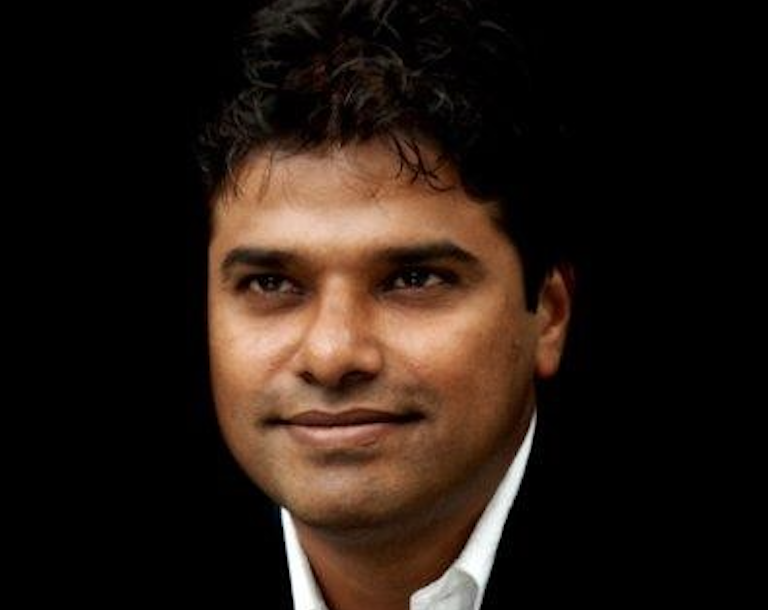Many giving people follow one simple mantra: ‘Give more than you can take and do more than you speak.’
But the narrative around giving has been uni-dimensional, centered mainly on philanthropy. Actually, ‘giving’ is an idea mentioned in most religious scriptures. Author Sanjay Agarwal’s Daan and Other Giving Traditions in India explores the ‘giving’ traditions of major religious groups in India — Hinduism, Islam and Christianity.
While reading the numerous narratives around giving, one question has intrigued me: can one break down the DNA of a giver? Having met many amazing givers, I believe the following attributes spur their actions:
Giving is contextual: When a beggar in Kerala donated Rs 84 (a dollar equivalent) — his entire wealth — to the Chief Minister’s Flood Relief Fund, he gave up everything he had. How do you compare that with Bill Gates and Mark Zuckerberg giving away a portion of their wealth (in billions of dollars)? Can it even be compared? Giving is not only about how much you give but also about how much you are willing to give up.
Long-term vs short-term impact: How does an act of giving ripple out? What is its afterlife, its half-life period? Imagine you need money to pay your college fees or else you’d have to drop out. Help arriving at that moment will change your whole life. An act of giving with a long-term impact has a greater half-life.
Intention matters:Intention is the crux of every act, including giving and taking. Author Gary Zukav says there are only two fundamental intentions: love and fear. For example, fear is the intention behind all these reasons for giving to a nonprofit charity: get a tax deduction, create a reputation of generosity, improve your self-image, impress others, or feel better about yourself. Alternatively, love is the intention if you’re giving to support Life, to contribute without attachments or hidden agendas.
Giving as a tool of inner transformation: Rather than measure the external impact of giving, examine how it has transformed you. Giving can be a tool of inner transformation if done consciously to challenge a part of your personality that acts out of fear. As Gandhi said, “Our greatest ability as humans is not to change the world; but to change ourselves.”
Giving and your faith in humanity: During my conversation with Philip Zimbardo, Professor Emeritus at Stanford University (famous for his Stanford Prison Experiment), he mentioned a unique form of giving. Every time he meets a person who is homeless he shakes hands, then introduces himself and asks, “What is your name? Where have you come from? Here is a dollar; I wish I could give you more. I hope your luck improves.”
This minimal connection humanizes them, and usually leaves the homeless person in tears. Philip points out that no one ever speaks to homeless persons. More important than the money you give is making them feel like a human being. As Maya Angelou said, “I’ve learned that people will forget what you said, people will forget what you did, but people will never forget how you made them feel.”
Spontaneous, Anonymous and Unconditional: Did you remove your ego before giving? Is your act socio-centrically and not egocentrically driven? Or do you expect something in return? Giving anonymously is probably the easiest way to make your act unconditional and ego-free.
A giver gives off an intangible energy. I have felt it every time I have sat next to a giver — an energy that is pure and invisible.
This story was also published on Forbes.com, and also appears on Medium.
Follow us here and subscribe here for all the latest news on how you can keep Thriving.
Stay up to date or catch-up on all our podcasts with Arianna Huffington here.


